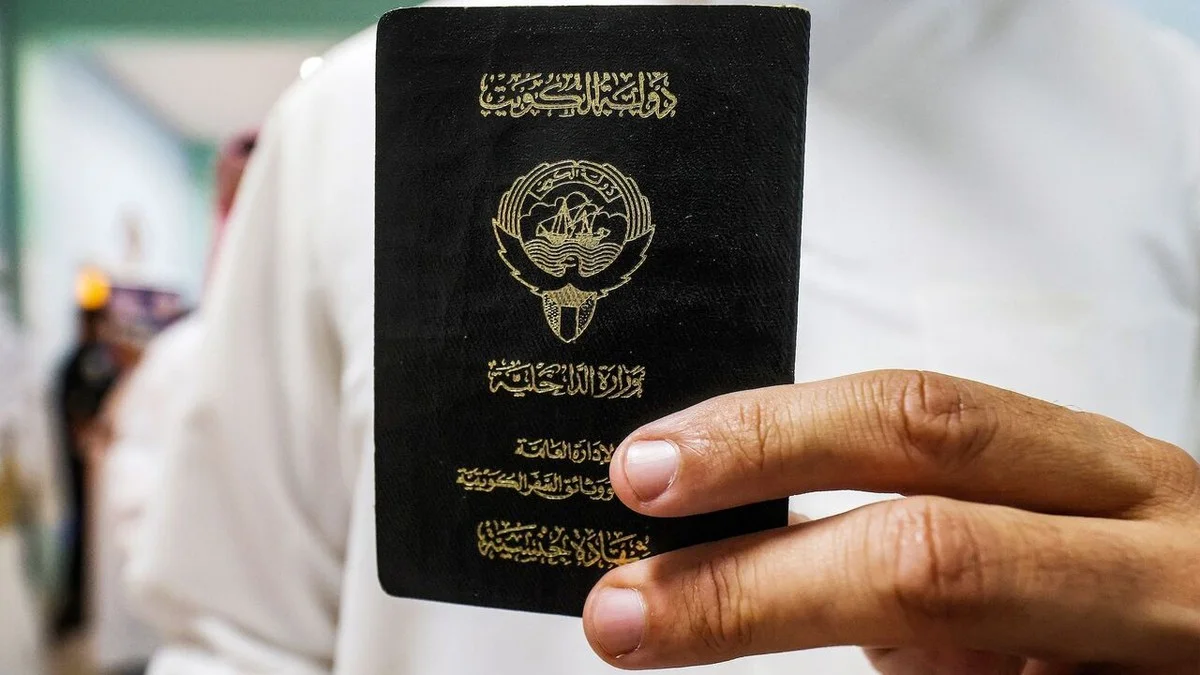25/01/2025
25/01/2025

KUWAIT CITY, Jan 25: The Kuwaiti Supreme Committee for Nationality Investigations, chaired by Deputy Prime Minister, Minister of Defense and Minister of Interior Sheikh Fahad Yousef Saud Al-Sabah, has decided to strip the citizenship of 38 individuals due to what he called “their disloyalty to the nation,” reports Al-Seyassah daily. This decision is under Article 14, Paragraph 3, of the Kuwaiti Nationality Law. Additionally, the committee revoked the citizenship of 82 individuals who acquired it through fraudulent means, as per Article 21 (repeated A) and the newly added Paragraph 1 of Article 13 in the Nationality Law. Moreover, 3,725 individuals lost their citizenship based on their status as “wives of Kuwaiti nationals,” according to Article 13, Paragraph 1 and 11 individuals with dual nationality were also affected. According to Al-Seyassah sources, those stripped of their citizenship include individuals convicted of terrorism-related offenses, specifically those involved in the “Black Island” case, the “Abdali Cell” case and the financing of Hezbollah. The individuals linked to the “Black Island” case were sentenced in June 2007, while 11 individuals connected to Hezbollah funding were convicted earlier this month. Additionally, 22 individuals associated with the “Abdali Cell,” which was convicted in June 2016, also had their citizenship revoked.
The “Black Island” case dates back to 2005, when events first unfolded in the Hawalli area before spreading to other regions, including Salmiya, Umm Al-Hayman and Mubarak Al- Kabir. The case resulted in the deaths of some extremists, the surrender of others and the martyrdom of several security personnel and citizens. The Court of Cassation had sentenced six defendants to life imprisonment, overturning the death sentences for four of the accused, as decided by the court under the leadership of Judge Ahmad Al-Ajeel. The charges against the defendants included committing crimes punishable by death or life imprisonment, such as killing friendly foreign forces stationed in Kuwait, destroying state facilities, assassinating members of the State Security Agency and possessing explosives, firearms and ammunition without authorization. Regarding the individuals convicted in the “Abdali Cell” case, the Court of Cassation convicted 23 Kuwaiti nationals, one of whom had their nationality revoked earlier. The charges included espionage for Iran, joining a group with the intent to undermine Kuwait’s government and social order and acquiring and storing large quantities of weapons, ammunition and explosives, all of which posed a threat to national security. In the case involving Hezbollah funding, the Court of Cassation convicted 13 individuals, including 11 Kuwaiti citizens, for belonging to a banned group and illegally funding the organization. The court sentenced them to three years in prison with hard labor and imposed a fine of 27 million dinars. Two Iranian nationals were also ordered to be deported following the completion of their sentences.


